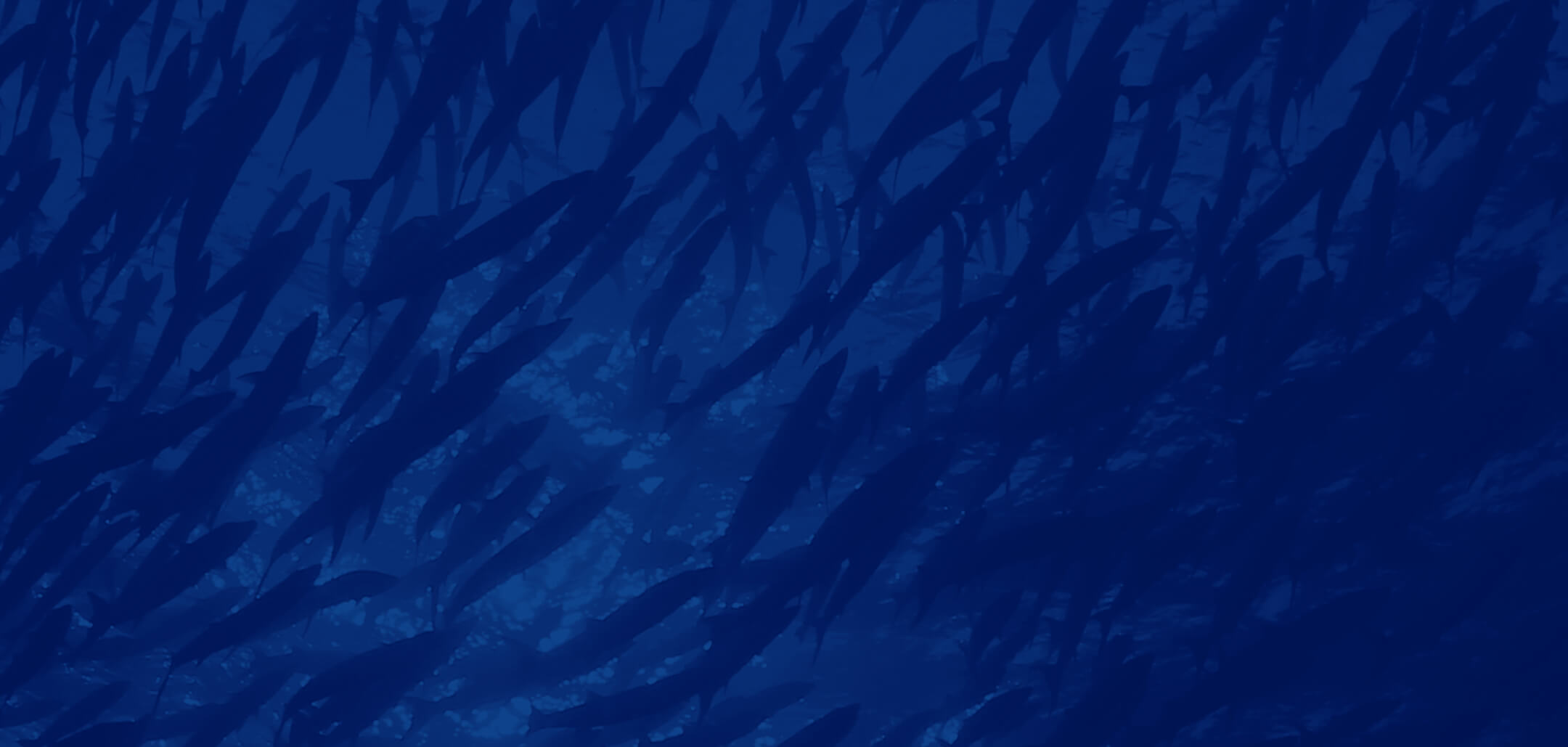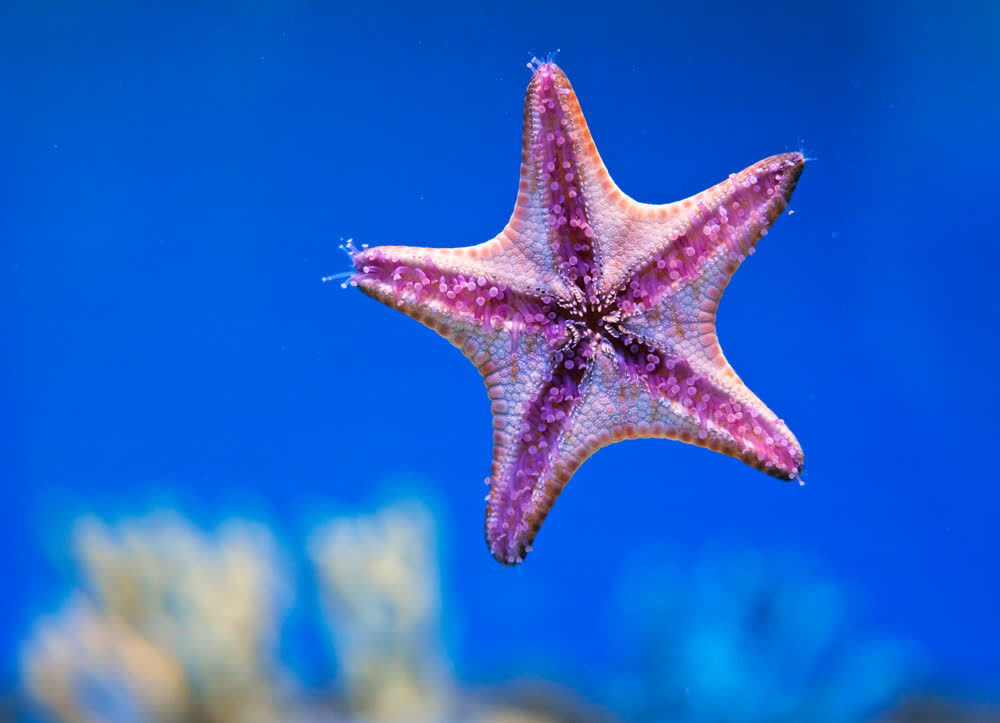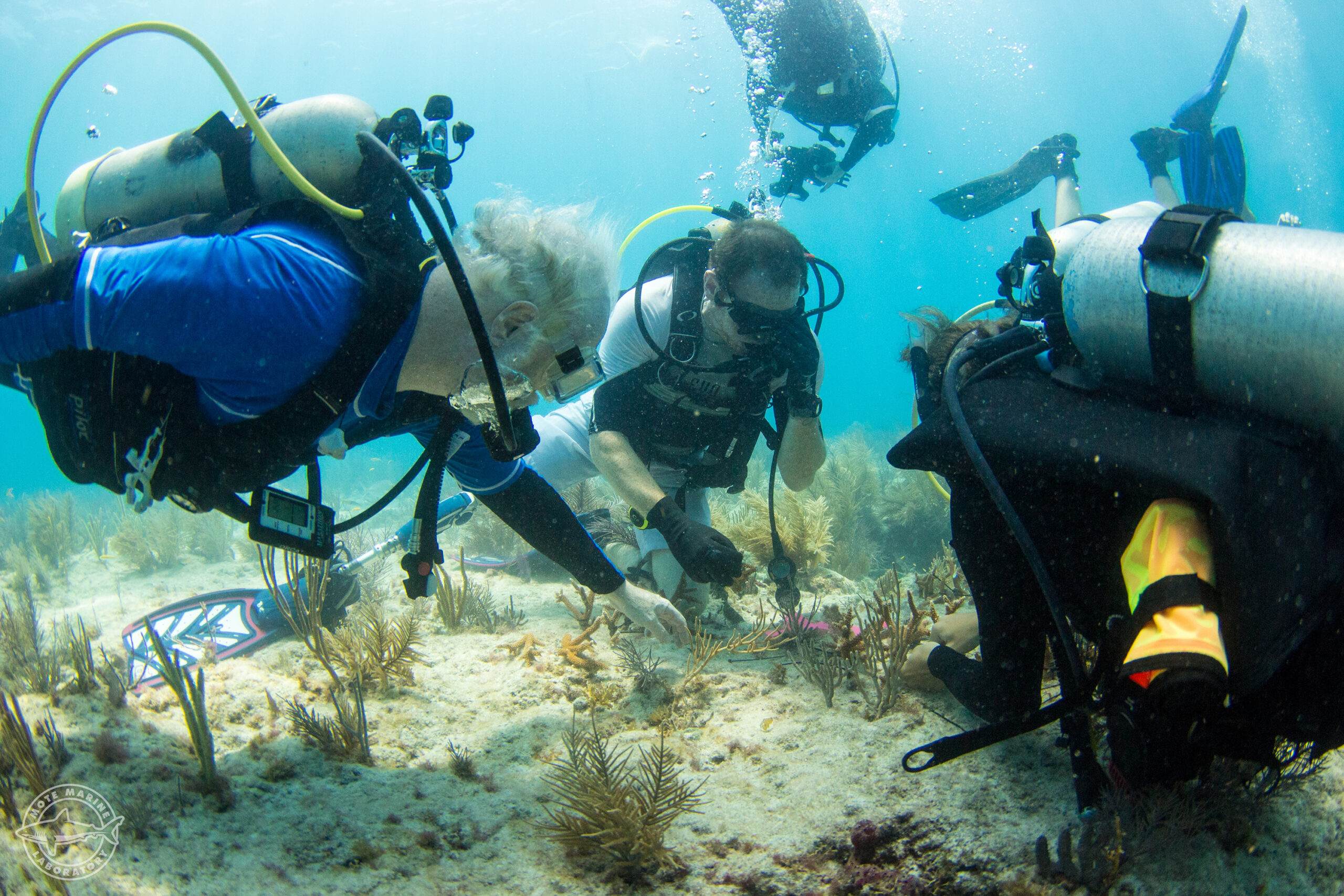Fisheries Ecology & Enhancement
The Fisheries Ecology & Enhancement Internship provides research experience on the ecology of estuarine fishes (primarily snook) using a combination of laboratory techniques and field sampling in Sarasota Bay. Field sampling activities apply quantified stratified sampling with seine nets, monitoring of water quality and habitat features, and maintenance of our PIT tag antenna arrays. The goal of the field sampling is to recapture wild and hatchery-reared fishes that were tagged with coded-wire tags, PIT tags, and elastomers. Laboratory activities include processing recaptured specimens and their otoliths for life-history information, primarily age and growth. Interns interested in data entry and analysis will have the opportunity to learn a variety of linear modeling and statistical techniques. Interns may also have the opportunity to contribute to research projects at the Mote Aquaculture Park and gain experience in animal husbandry with the Marine & Freshwater Aquaculture program.
Intern roles and responsibilities include:
- Learning and/or applying R statistical software to examine movement and habitat use of hatchery or wild finfishes
- Contributing to stock enhancement research efforts including tagging and releasing hatchery-reared fish
- Participating in fish husbandry activities required for successful fish production
- Participating in intensive field sampling efforts and assist in the capture, measurement, and tagging of fish with passive integrated transponder (PIT) tags
- Assisting in the maintenance of the PIT tag antenna systems employed to monitor tagged fish
Qualifications:
- Experience in R or a strong willingness to learn
- Ability to work alone and as a team
- Focused with an attention to detail
- This internship may require the physical ability to lift 50 lbs to shoulder height, walk/work in difficult field environments, bend and stoop for prolonged periods of time.
Mote’s Fisheries Ecology & Enhancement Program accepts interns year-round, with an average internship length of at least 12 weeks. This is a full time internship; typical hours are Monday through Friday from 8:00am to 5:00pm with occasional long hours.




